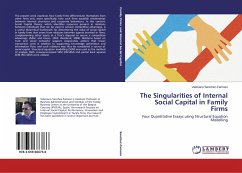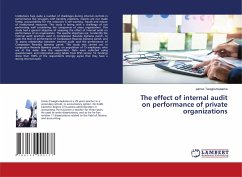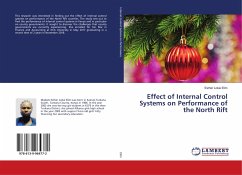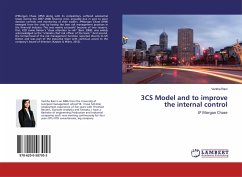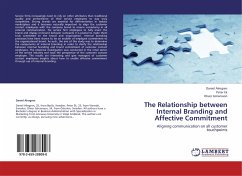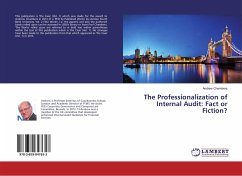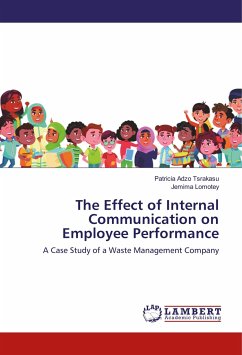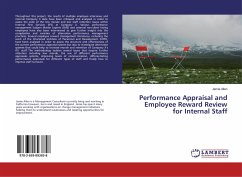The present work examines how family firms differentiate themselves from other firms and, more specifically, how such firms establish relationships between internal structures and corporate behaviours. In this context, Social Capital theory, which identifies resources present in relations between individuals that can be used to achieve competitive advantage, is a useful theoretical framework for determining the value of social capital in family firms that arises from relations between agents involved in firms, complementing other assets at a firm's disposal to secure a competitive advantage (Adler and Kwon, 2002; Westlund, 2006). Relations based on trust and social networks support cooperative actions that lower transaction costs in addition to supporting knowledge generation and information flow, and such relations may thus be considered a source of social capital. Structural equation modelling (SEM) was used as the method of analysis. Both covariance-based SEM (CB-SEM) and partial least squares SEM (PLS-SEM) were utilised.
Bitte wählen Sie Ihr Anliegen aus.
Rechnungen
Retourenschein anfordern
Bestellstatus
Storno

